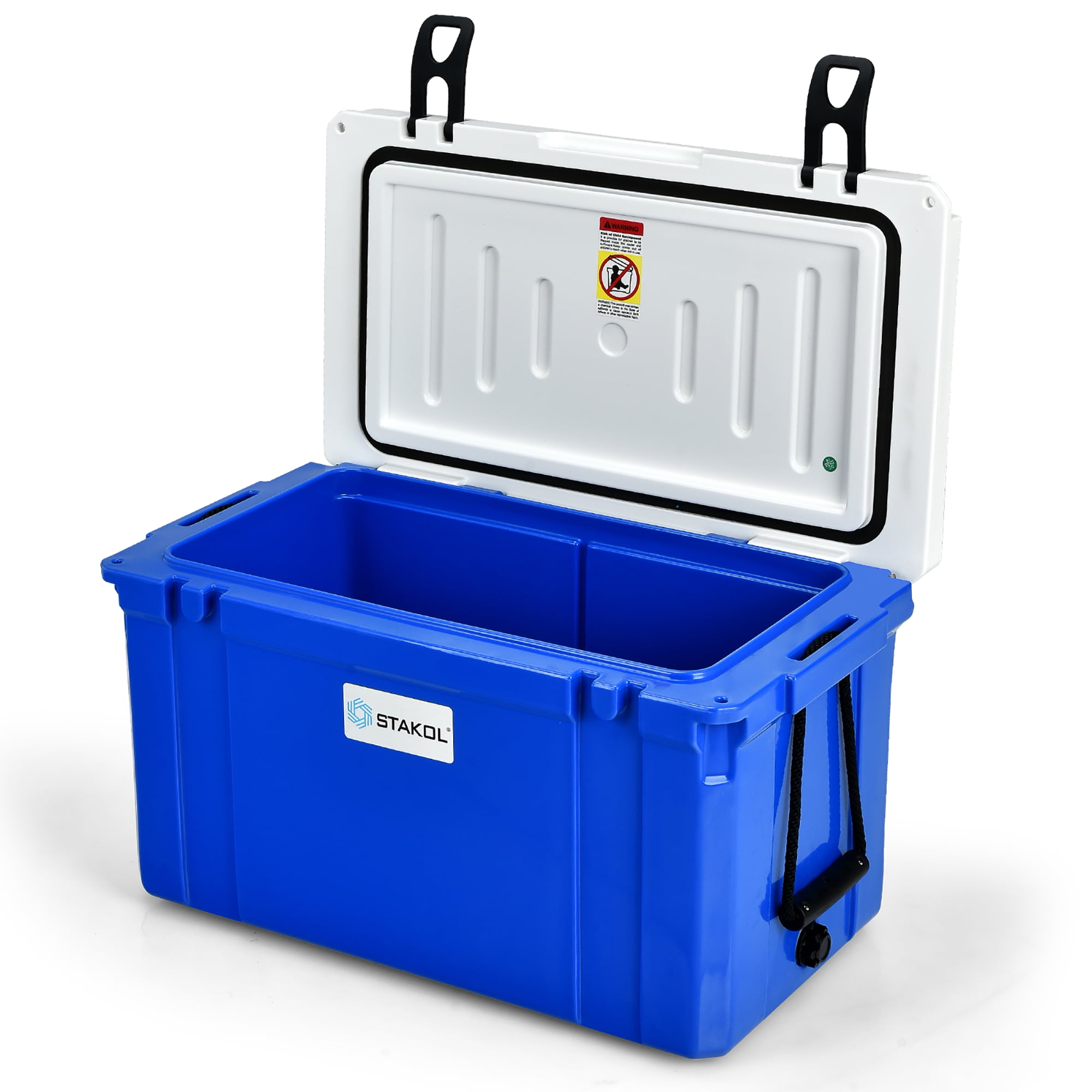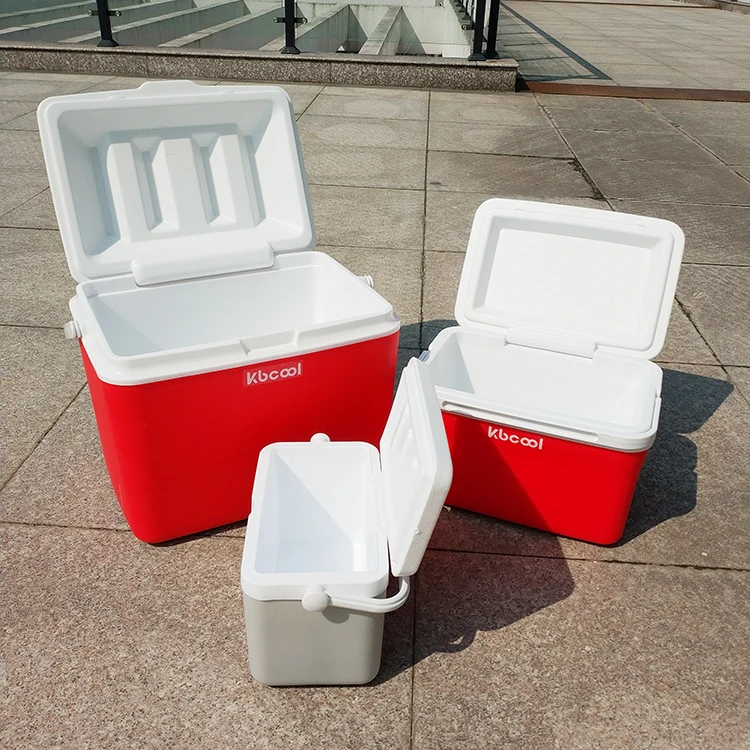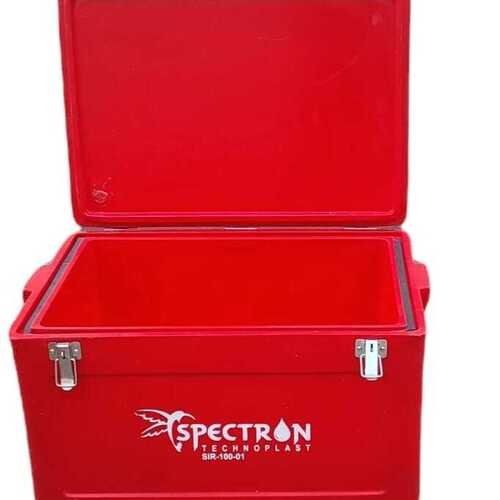Ice Box Personal Information Storage System

In an era increasingly defined by data breaches and concerns over online privacy, a new approach to personal information management is gaining traction. The Ice Box Personal Information Storage System, a localized data storage solution, offers individuals and businesses a way to control their sensitive data by keeping it offline and under their direct control.
The Ice Box system challenges the prevalent model of cloud-based storage, where data is housed on remote servers managed by third-party providers. This article examines the core features of Ice Box, its potential advantages and disadvantages, and its implications for data security in an increasingly interconnected world.
What is the Ice Box System?
The Ice Box is a hardware and software system designed to store personal or business data on a physically isolated device, separate from the internet. Functioning as a personal server, it allows users to manage and access their data locally, without relying on external servers or internet connectivity.
This isolation aims to minimize the risk of data breaches, unauthorized access, and surveillance common with cloud-based services. The hardware typically consists of a secure storage device, like a hard drive or solid-state drive, coupled with software that manages data encryption, access control, and backup.
Key Features and Functionality
One of the core features is the strong encryption. Data stored on the Ice Box is encrypted using advanced algorithms, protecting it from unauthorized access even if the physical device is compromised.
Access control mechanisms are essential. The system allows users to define granular access permissions, specifying who can access specific data or functions.
Regular backups are vital. The system facilitates local backups to ensure data recovery in the event of hardware failure or accidental deletion.
Some advanced Ice Box systems offer remote access capabilities via a virtual private network (VPN). This feature allows users to securely access their data from anywhere with an internet connection, without exposing it to the public internet.
Advantages of Using the Ice Box
Enhanced Security is a crucial benefit. By keeping data offline, the Ice Box significantly reduces the attack surface vulnerable to cyber threats.
Privacy Control is another major advantage. Users have complete control over their data, without relying on third-party privacy policies or data handling practices.
Reduced Reliance on Internet becomes a benefit. The Ice Box allows users to access their data even when internet connectivity is unavailable.
It can also offer potential cost savings. Over the long term, it can reduce expenses associated with cloud storage subscriptions.
Disadvantages and Challenges
The Ice Box system presents its own set of challenges. Initial investment costs can be higher than cloud storage subscriptions, requiring an upfront purchase of hardware and software.
Maintenance and management require technical expertise. Users are responsible for managing backups, software updates, and security configurations.
Physical security is paramount. The Ice Box device must be physically secured to prevent theft or unauthorized access.
Limited accessibility can be a drawback. Accessing data remotely requires setting up and maintaining a secure VPN connection.
Impact and Implications
The Ice Box system appeals to individuals and organizations with heightened security and privacy concerns. These include professionals handling sensitive client data, researchers working with confidential information, and individuals seeking to protect their personal data from surveillance.
The adoption of Ice Box systems could influence data management practices. It promotes a shift towards localized data storage and increased user control over personal information.
Such a shift may challenge the dominance of cloud service providers. This could foster a more diverse and decentralized data storage landscape.
A Human Interest Angle
One family, concerned about the privacy of their children's photos and videos, transitioned to an Ice Box system. The father, a software engineer, explained that the peace of mind knowing their family memories were securely stored and inaccessible to large corporations was invaluable.
He emphasized the importance of educating others about data privacy and empowering them to take control of their digital lives. "It's not about being paranoid," he said, "it's about being responsible stewards of our own information."
Conclusion
The Ice Box Personal Information Storage System represents a growing movement towards localized data storage and enhanced privacy control. While it requires a greater degree of technical expertise and upfront investment, its potential benefits in terms of security, privacy, and data autonomy are attracting increasing interest.
As concerns about data breaches and online surveillance continue to rise, the Ice Box and similar solutions may become more prevalent, empowering individuals and organizations to reclaim control over their digital lives.
Ultimately, the long-term impact of the Ice Box system will depend on its affordability, ease of use, and the evolving landscape of data security and privacy regulations.









![Ice Box Personal Information Storage System [12L] Ambros X Ice Cooler Box 12 Litres Food & Drinks Storage for](https://gooutdoor.com.my/wp-content/uploads/Ambros-X-Ice-Cooler-Box-12-Litres.jpg)








